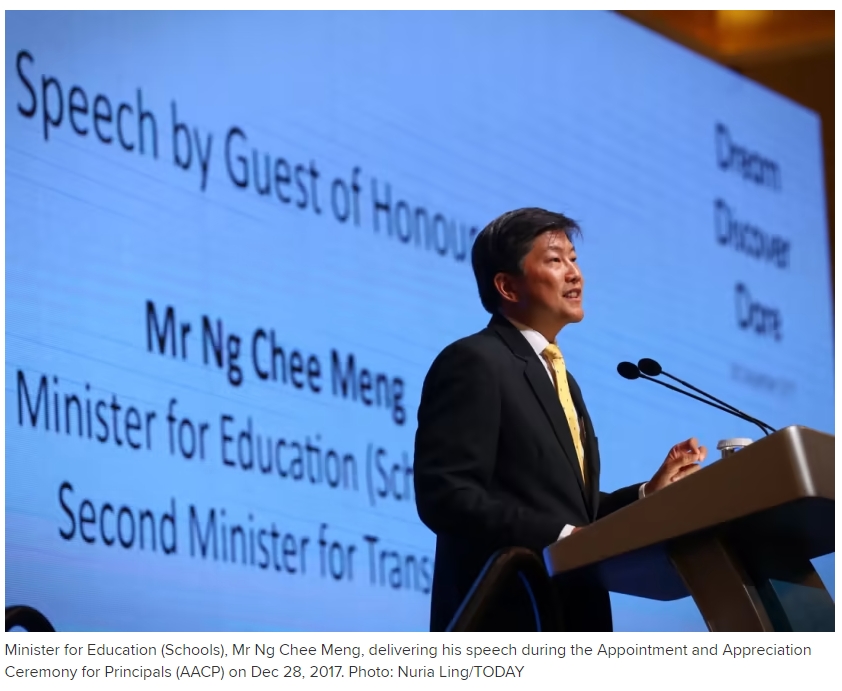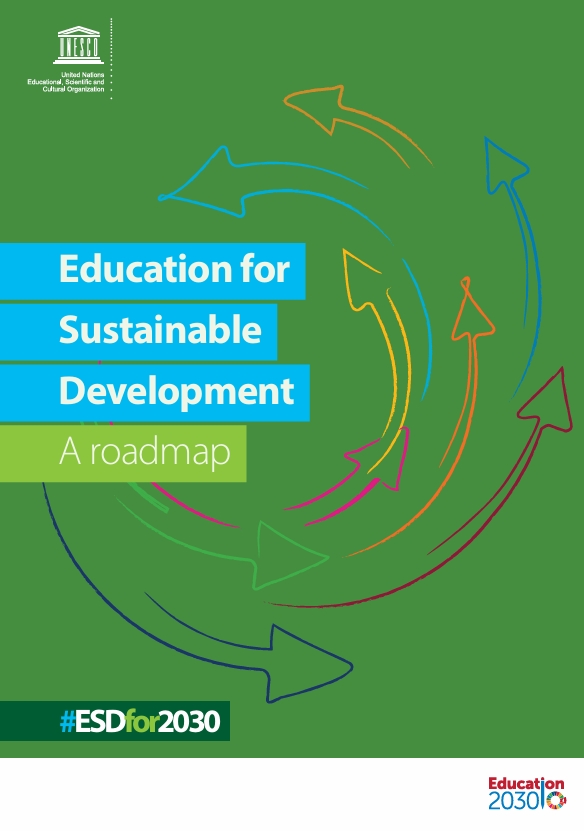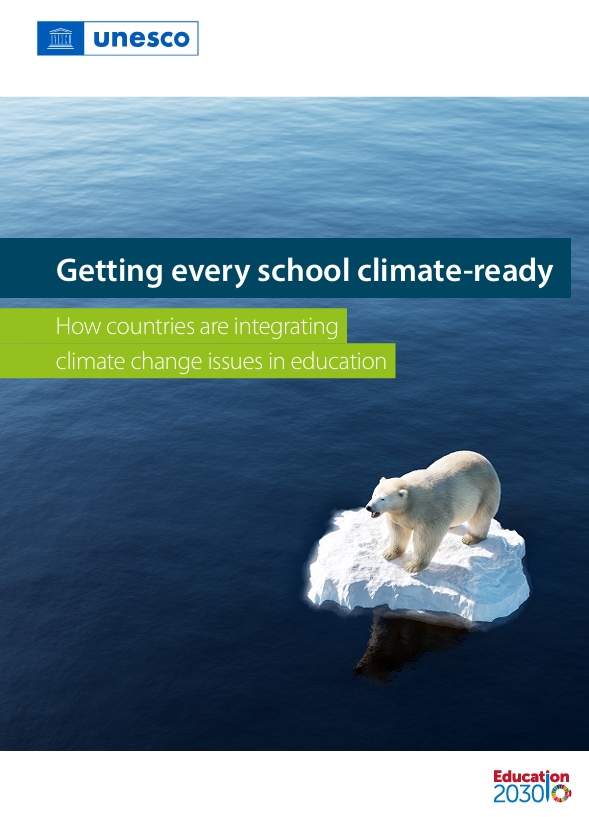SINGAPORE — As the Republic grapples with disruption and volatility sweeping through the “economy, society, science and, even politics”, Education Minister (Schools) Ng Chee Meng on Thursday (Dec 28) stressed the need to imbue in students the motivation to innovate, which “may be the one thing that guarantees our collective future”.
Calling on schools to build up students’ innovation quotient, Mr Ng said: “Let us foster their imagination. Keep an open mind and give them space to explore, and do things differently... Guide them by example, and provoke our students to ask the right questions... Help them to find the relevance of what they learn in our schools.”
Speaking at the Ministry of Education’s annual appointment and appreciation ceremony for principals, he noted that researchers have found that the motivation to innovate is “a better predictor of successful future innovations than scholastic ability or IQ (intelligence quotient)”.
He dismissed the notion that innovation comes down to a “single eureka moment”. Stressing that developing innovation has to be a deliberate process, Mr Ng said: “We need to dispel this popular misconception that the moment of inspiration just magically ‘happens’ with no prior learning or cultivation of ways of thinking, and that people are either ‘naturally creative’ or not. This is not true.”
He added: “We need to be intentional about it because innovation requires certain skills and dispositions, hard work and perseverance. We need to be prepared to take risks and overcome failures, because innovation can be messy, and often involves some hits, and many misses.”
The “core DNA” of innovation lies in “imagination, inquisitiveness and interconnections”, he said. Helping children develop their imagination requires a stimulating environment where they would have time for personal reflection, free play and day-dreaming, he said. This could be done through “self-directed, intrinsically motivated and personally meaningful tasks that build interest, confidence and competence”, he added.
Mr Ng noted that children’s natural curiosity subsides as they grow up, “in part because they learn from adults that answers are more important than questions”. In the age of artificial intelligence, having a questioning mindset and knowing the right questions to ask will be “ever more critical”, he said.
Citing initiatives such as the Programme for Active Learning, which exposes students to experiential learning through outdoor education for example, Mr Ng said that schools need to move away from emphasising that students get the “right answers”, to getting them to come up with “good questions”. “Once they have interesting questions, they will be motivated to find the solutions,” he added.
Joining the dots, or interconnections, will enable students to see that fields or subjects are not mutually exclusive but are inter-related, said Mr Ng. Innovation takes place when new ways of thinking cross-fertilise, he reiterated.
Pointing out that students today desire meaning and relevance in what they are studying, Mr Ng said, “Gone are the days where most of them will sit quietly in class, paying attention, trying to absorb whatever the teacher teachers them.”
He urged educators to help students learn by getting their “hands dirty”, which will in turn inspire them to pursue lifelong learning.
While content and skills can become obsolete over time, the love for learning has “no expiry date”, and it is critical that teachers promote this, said Mr Ng. “Learning must go beyond the functional – it must be inspirational,” he said.
Connect with us :






